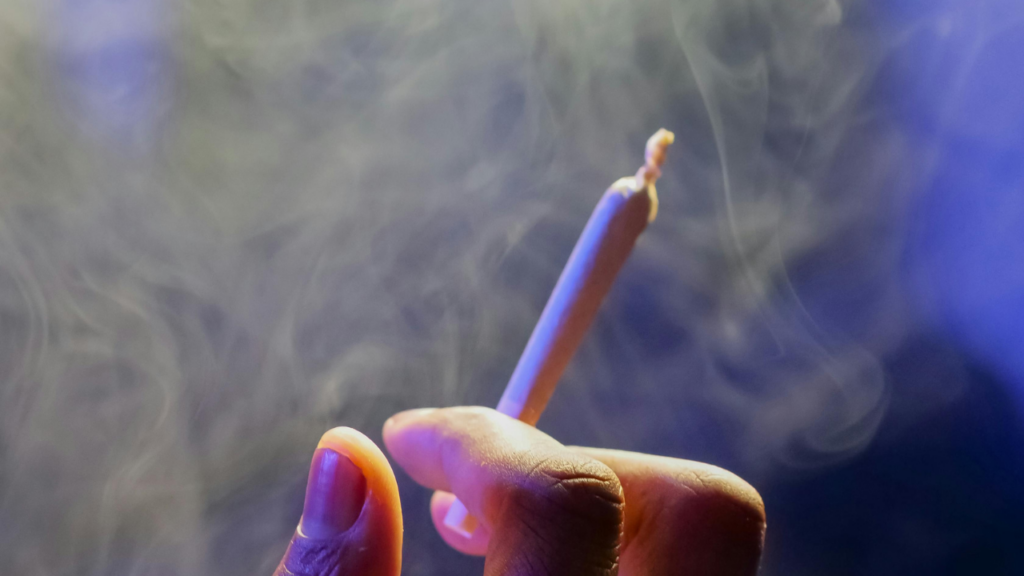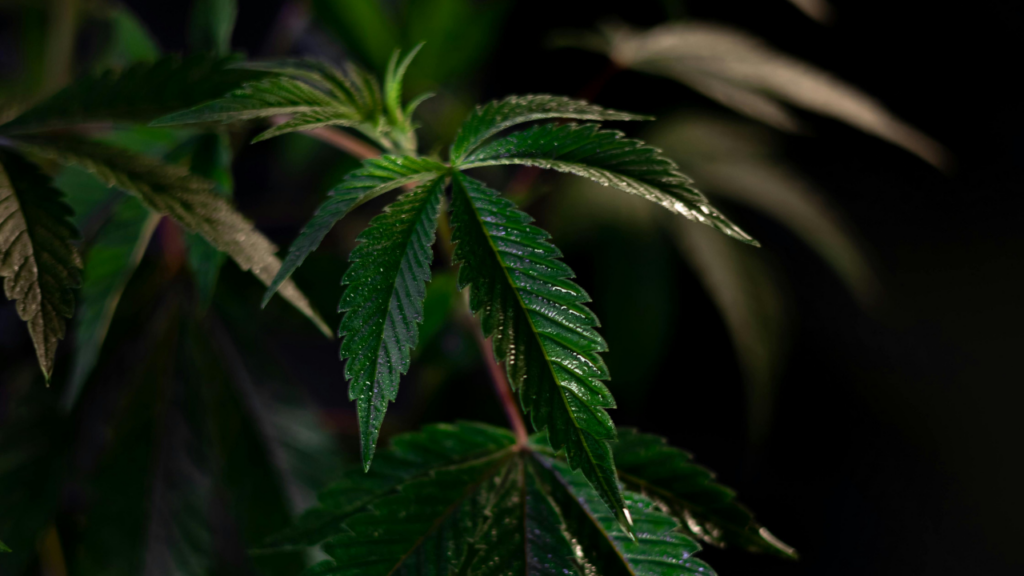Marijuana is one of the most widely used substances in the United States. According to a 2020 survey by the Substance Abuse and Mental Health Services Administration (SAMHSA), 17.9% of people aged 12 or older (49.6 million people) reported using marijuana in the past year. While often perceived as less harmful than “harder” drugs, chronic marijuana use can lead to physical dependence and addiction.
Prevalence of Marijuana Use and Addiction
Marijuana use has been increasing in recent years, with legalization for medical and/or recreational purposes in many states. The 2020 National Survey on Drug Use and Health (NSDUH) found that 7.1% of U.S. adults (18 million people) have a marijuana use disorder. Younger individuals are more likely to use marijuana and develop addiction, with 5.1% of adolescents aged 12-17 (1.4 million people) and 13.5% of young adults aged 18-25 (4.8 million people) meeting the diagnostic criteria for marijuana use disorder.

Signs of Marijuana Addiction
Signs that marijuana use has become problematic include:
- Consuming more than intended or struggling to cut back
- Spending significant time obtaining, using, and recovering from marijuana
- Strong cravings and urges to use marijuana
- Using marijuana in high-risk situations like driving
- Continuing to use despite negative impacts on work, school, or relationships
- Needing more and more marijuana to feel the desired effects (tolerance)
- Experiencing withdrawal symptoms when not using, such as irritability, sleep issues, decreased appetite, restlessness, and mood swings
Consequences of Long-Term Marijuana Use
Long-term, heavy marijuana use has been associated with various consequences:
- Impaired memory, learning, attention, and decision-making
- Increased risk of mental health issues like depression, anxiety, and psychosis, especially when used during adolescence
- Breathing problems, cough, and lung infections when smoked
- Cyclic vomiting syndrome (cannabinoid hyperemesis syndrome)
- Diminished life satisfaction and achievement
- Greater likelihood of other substance use disorders; about 1 in 10 marijuana users will become addicted
Benefits of Professional Marijuana Addiction Treatment
No level of substance misuse is too minor to seek help for. Addiction is a progressive disease that tends to worsen over time without intervention. Professional treatment greatly increases the odds of successful recovery by:
- Providing a safe, supportive environment to detox and begin recovery
- Identifying and treating any co-occurring mental health disorders that may be contributing to marijuana use
- Teaching healthy coping skills and strategies to prevent relapse
- Helping clients explore the underlying issues driving their addiction and develop a plan for lasting change
- Connecting clients with sober peer support and community resources

Marijuana Addiction Treatment at JourneyPure At The River
At JourneyPure At The River, we offer personalized marijuana addiction programs combining evidence-based therapies, wellness practices, and peer support. Our Tennessee rehab tailors treatment to each client’s unique needs, with options ranging from medically supervised detox to residential and outpatient care.
In a supportive environment, clients explore the roots of their addiction, develop strategies to prevent relapse, and build a fulfilling sober lifestyle. Treatment modalities may include:
- Cognitive-behavioral therapy (CBT)
- Dialectical behavior therapy (DBT)
- Motivational interviewing
- 12-Step facilitation
- Mindfulness and meditation training
- Family therapy
Dual diagnosis care is available for clients with co-occurring mental health concerns like depression, anxiety, PTSD, and bipolar disorder. Our clinical team includes masters-level therapists, addiction psychiatrists, nurses, counselors, and nutritionists who work together to provide holistic, integrated treatment.
If you or a loved one is struggling with marijuana addiction, reach out for help. Call JourneyPure At The River today at 629-222-9449 to learn more about our life-changing Tennessee marijuana addiction treatment programs. Our compassionate admissions navigators are available 24/7 to help you start your recovery journey.
